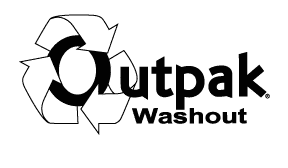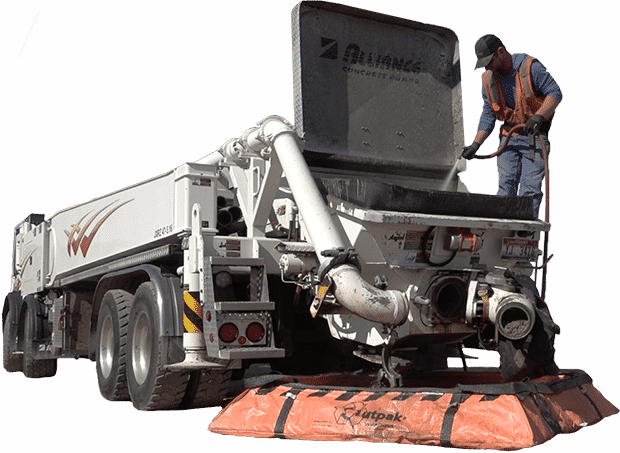Spill kits are a “must have” item for companies with mobile staff that might be in a situation where a chemical or oil spill may occur. Fines are far more expensive than the cost of a spill kit, so it’s important to have at least one in the cab of every truck the company owns. But what type of spill kit do I need? Should I use a “universal” spill kit over something more specialized. And how do I dispose of the waste when it’s done? This article includes some answers that may help: What is a universal spill kit? What do spill kits for oil spills contain? What do spill kits for chemical spills contain? What state laws for industrial waste spills should I consider? Do I even need a spill kit? What is
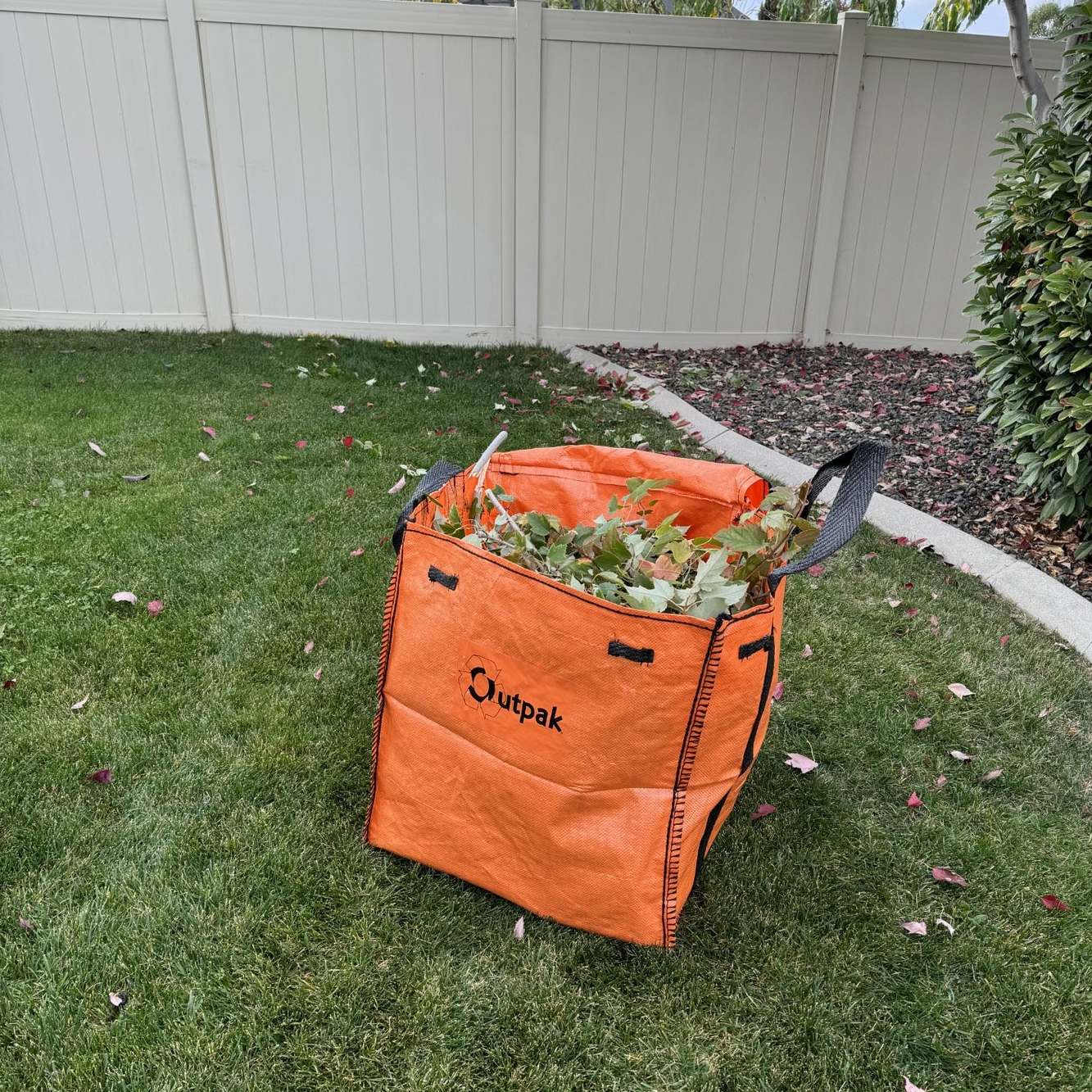
Using an Outpak Debris Bag, also known as a FIBC (Flexible Intermediate Bulk Container) or a big bag, offers several benefits in various industries and applications. Here are some advantages of using Outpak Debris bags: Cost-effective: Bulk bags are an economical packaging solution compared to traditional packaging methods. They allow for efficient handling, storage, and transportation of large quantities of materials, reducing the need for additional packaging materials and labor costs. High capacity: Bulk bags have a large capacity, typically ranging from 500 kg to several tons, depending on the design and requirements. This allows for efficient storage and transport of materials, optimizing logistics and reducing the number of trips required. Our Outpak Debris Bag has 1.05 cubic yard capacity and can hold 3,000 lbs. Space-saving: Bulk bags are designed
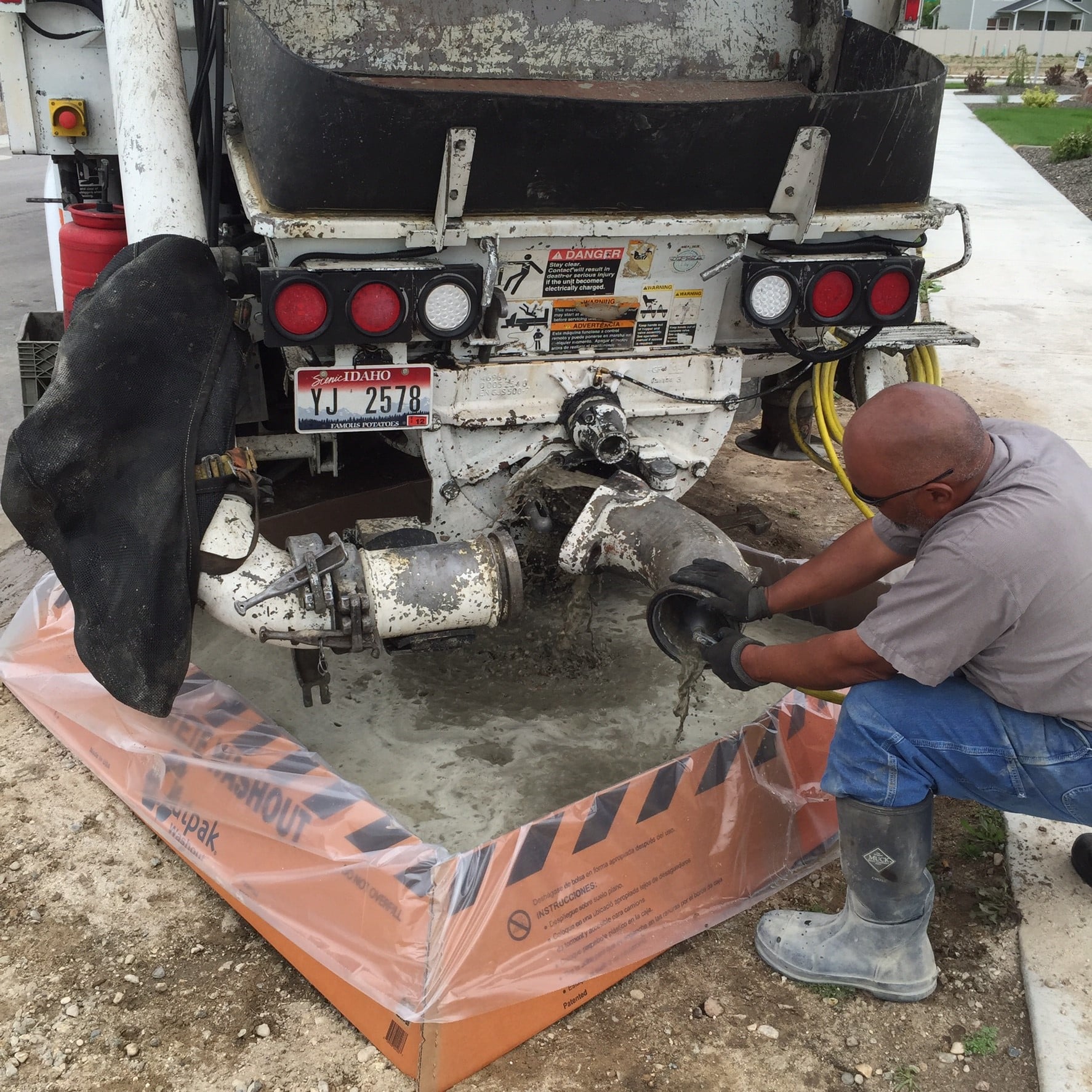
Concrete washout best practices are essential for the construction industry to minimize environmental impact, comply with regulations, and promote responsible waste management. Proper concrete washout prevents contamination of soil and water sources with concrete residues and harmful chemicals. Here are some best practices for concrete washout: Use a Washout System: Implement a designated washout system or area on the construction site, which could include concrete washout bins, washout bags, or washout pits. These containment systems should be properly labeled and easily accessible. Choose a Suitable Location: Select a washout area that is well away from storm drains, rivers, lakes, or any environmentally sensitive areas. It should be on stable, impermeable ground to prevent seepage. Line the Containment Area: Line the washout system with impermeable materials like plastic or geomembranes to
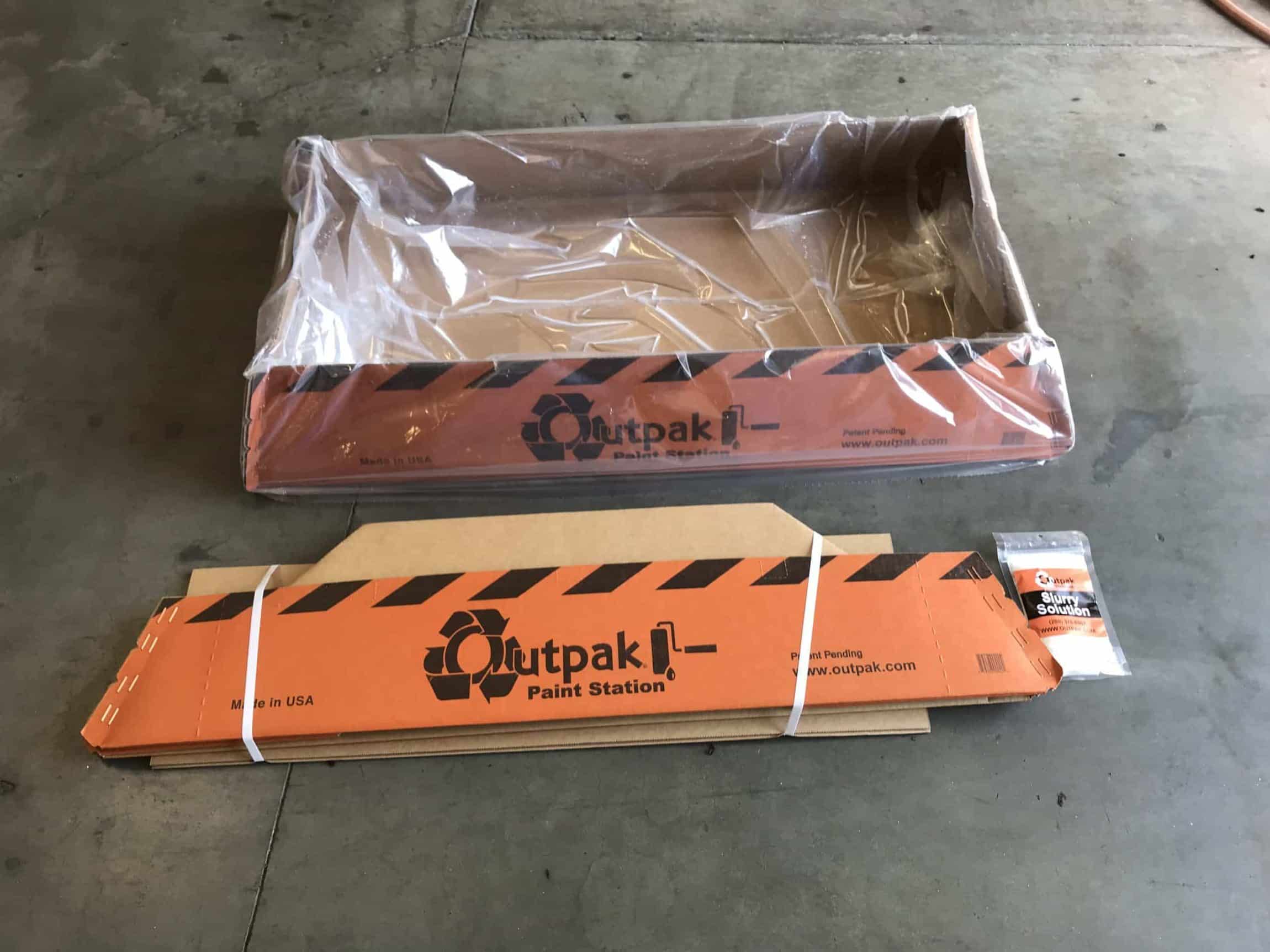
Concrete washouts are essential tools in the construction industry that are used to safely store and dispose of concrete waste. These specialized containers help prevent concrete waste from polluting the environment and can be a more sustainable alternative to traditional concrete disposal methods. One of the main benefits of using Outpak and concrete washouts is that they help prevent concrete waste from contaminating soil and water sources. Concrete contains chemicals that can be harmful to the environment if not properly disposed of, and Outpak and concrete washouts help contain these substances to prevent them from leaching into the ground or washing away into nearby streams or rivers. Convenient Disposal of Concrete Waste Another advantage of Outpak and concrete washouts is that they provide a convenient and easy way to dispose of concrete waste. Traditional
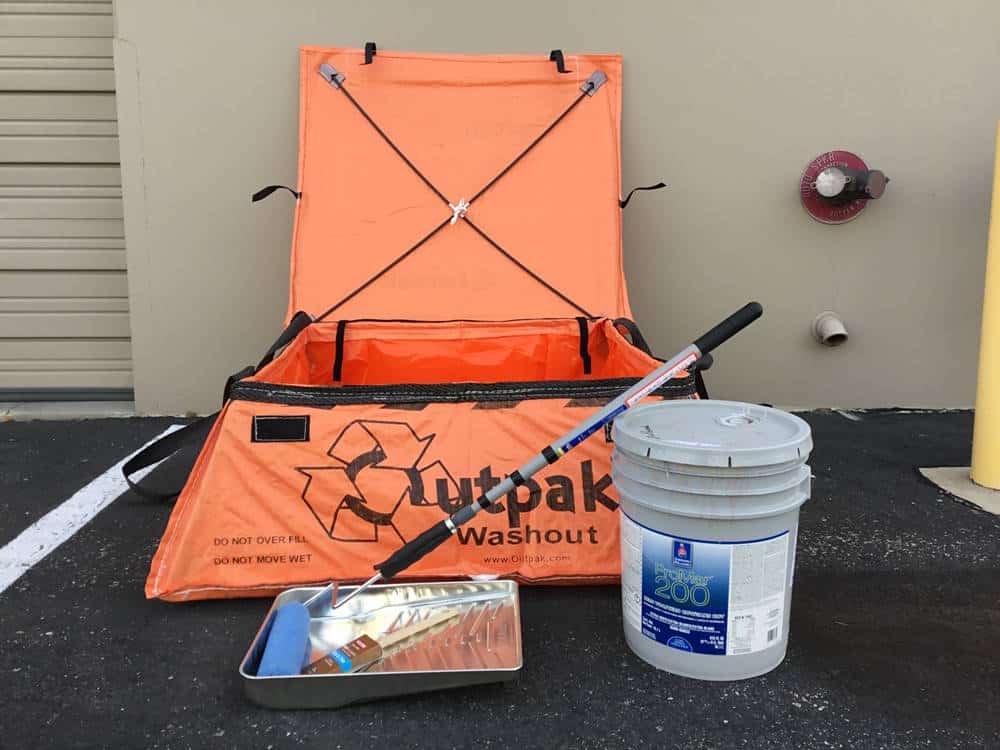
Proper paint waste disposal is indeed crucial for environmental and human health. The type of paint you have and local regulations will determine the appropriate disposal method. Here are some common sense Reduce Waste: The best way to handle paint waste is to minimize it in the first place. Purchase only the amount of paint you need for a particular project to avoid excess leftovers. Reuse or Donate: If you have usable leftover paint, consider donating it to a local community organization, school, or charity. Some places may accept leftover paint for reuse. However, above options are not always practical. So how can you dispose of your excess paint safely? How to Dispose of Latex Paint? You can dispose of latex or water-based paint with your regular household waste once
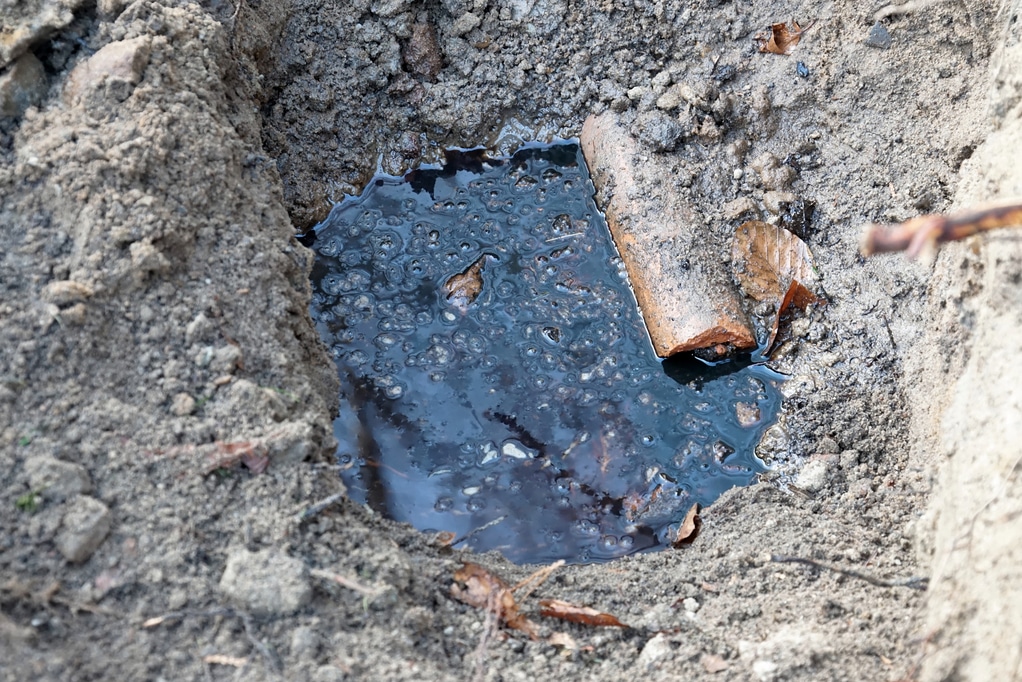
Spill kits are essential safety equipment for companies that work with chemicals, oils, or other hazardous materials, especially for those with mobile staff and vehicles. But what type of spill kit do I need? Should I use a “universal” spill kit over something more specialized. And how do I dispose of the waste when it’s done? This article includes some answers that may help: What is a universal spill kit? What do spill kits for oil spills contain? What do spill kits for chemical spills contain? What state laws for industrial waste spills should I consider? Do I even need a spill kit? What is a Universal Spill Kit? A Universal Spill Kit is a specialized spill response kit designed to handle a wide range of liquid spills, including hazardous and non-hazardous materials such as
